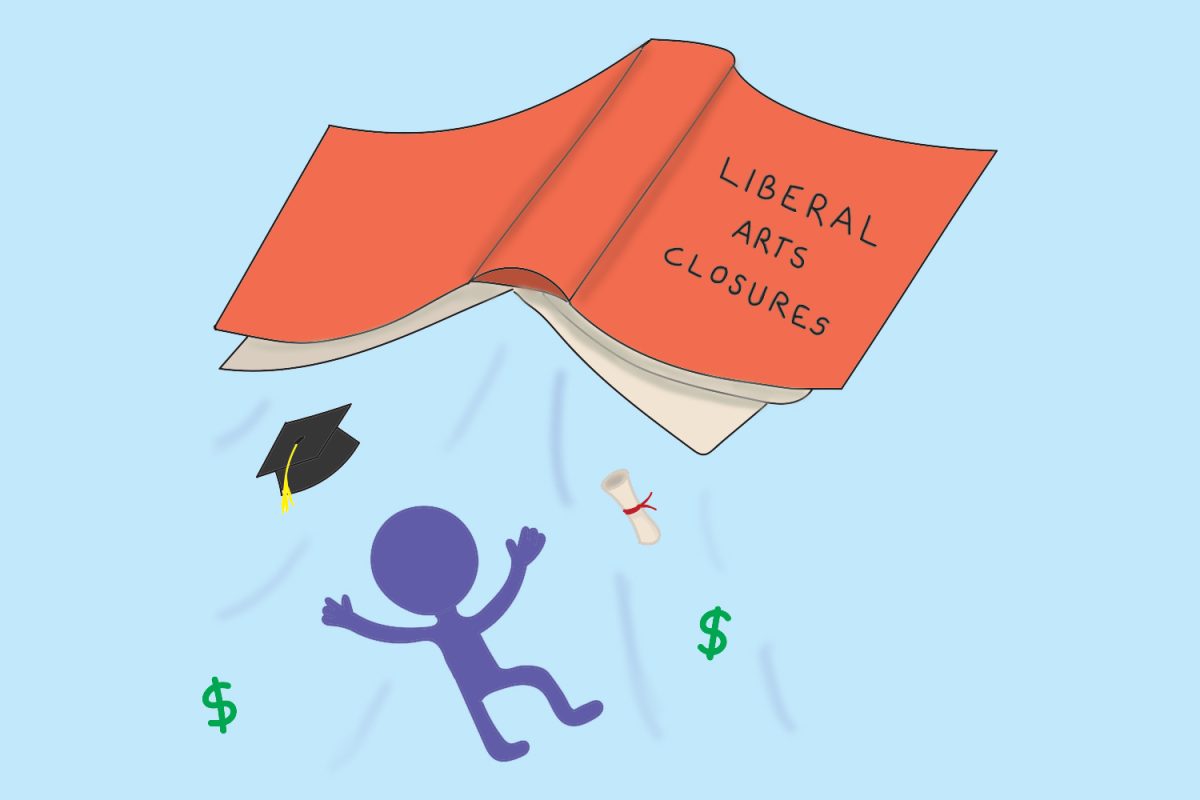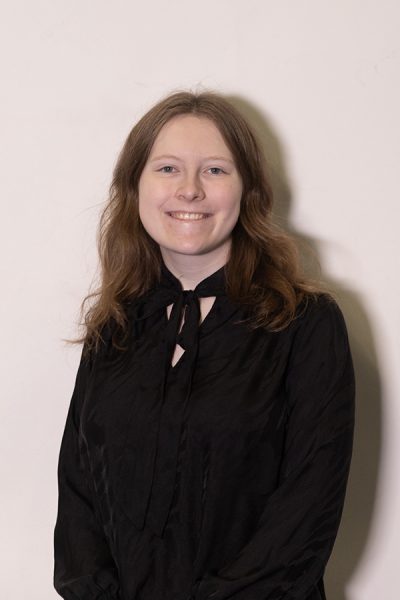Despite what your social media feed may tell you, a liberal arts education is still a good investment. In the wake of college closures across the U.S., the student body may be watching the world of higher education with increasing concern. While it is healthy to be wary, it is important to dispel some common myths surrounding college closures in the country. In particular, because the Wells College closure across the lake is not far from Ithaca College, the concept may weigh heavy on the minds and hearts of students.
There’s no denying that higher education as a field is approaching a period of rapid transition. College is a naturally transient space: students stay in town for four years, then depart. Faculty rotate in and out of the institution. The reason why institutional progress is often difficult is because the faces advocating for change change rotate with the calendar year.
The actual landscape of collegiate education often stays unweathered by change. The idea that many liberal arts colleges are shutting their doors is a false one — there is not a strong correlation between the style of curriculum within a college and its ability to stay financially afloat.
Data from the State Higher Education Executive Officers Association (SHEEO) shows that in the five–year period prior to 2020, about 20 colleges per month would close. While there has been an increase in closures in 2024, the peak of closures was actually in 2018, according to SHEEO analytics from the same report.
Higher education is undoubtedly in a difficult place and has been in this state for a long time. While one student might not be able to increase enrollment or change curriculum, what they can do is pay attention.
There’s a lesson to be learned from the closure of Wells College. Our institution should prioritize the emotional and academic wellbeing of its staff, students and faculty. The purpose of a college education is to learn — but it’s also to build a network of support as students move into adulthood. We cannot leave students or other community members in free fall.















